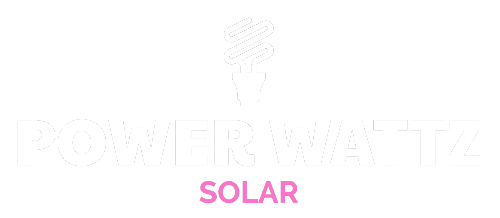
April 7, 2025


Delta Networks is the latest solar inverter and power electronics provider to license Tigo’s rapid shutdown technology for its rapid shutdown products. Under the agreement, Delta products are authorized to use technologies described in various Tigo patents related to rapid shutdown.
Tigo, which has mostly prevailed in its patent disputes, has more than 150 patents granted or pending related to rapid shutdown, and actively licenses its patented technology to other solar equipment manufacturers.
Delta’s solar inverters run the gamut from 2.5-5 kW H-series unit for residential installations to the M125HV inverter for utility-scale projects.
Tigo rapid shutdown technology is compliant with UL 1741, the Standard for Safety for Inverters, Converters, Controllers, and Interconnection System Equipment for Use With Distributed Energy Resources, IEC 63257, and rapid shutdown requirements of the U.S. National Electric Code (NEC).
Tigo worked through problems with crosstalk in early 2022 and by July of that year came out with its Pure Signal RSS transmitter, which eliminated many crosstalk instances by phasing signals among wires. While wireless communications virtually eliminate crosstalk, the slightly higher cost of wireless inspires many designers and installers to choose the wired solution, which often is not monitored.
“It’s a design choice. There is no situation where you must have wireless, and there’s no situation where you must have wired. It’s a choice of the designer, the project manager, and procurement,” says James Dillon, Tigo’s Chief Marketing Officer.
“The wireless solution, frankly, avoids all of that [crosstalk],” Dillon continues. “It costs a little bit more, but you’ve got tradeoffs. We’ve tried to present the tradeoffs to installers and quite a few of them have moved to the wireless just because it doesn’t have the concerns of wired.”
The continuing need to educate installers on RSS design precautions led Tigo to roll out its Green Glove program in September 2023, which includes special services ranging from six-point plan checks to a Tigo representative visiting the site during commissioning and following up thereafter.
“You’ve got an EPC contractor that does the actual installation, the financier, the panel or the module maker, the inverter maker and you’ve got us; that’s a lot of companies,” Dillon says. “It’s too easy to point fingers. We’re here to solve the problem, not to fix blame on anybody. We have got to work together. That’s what is most important here: training and working together.”
Tags: rapid shutdown
Source link

